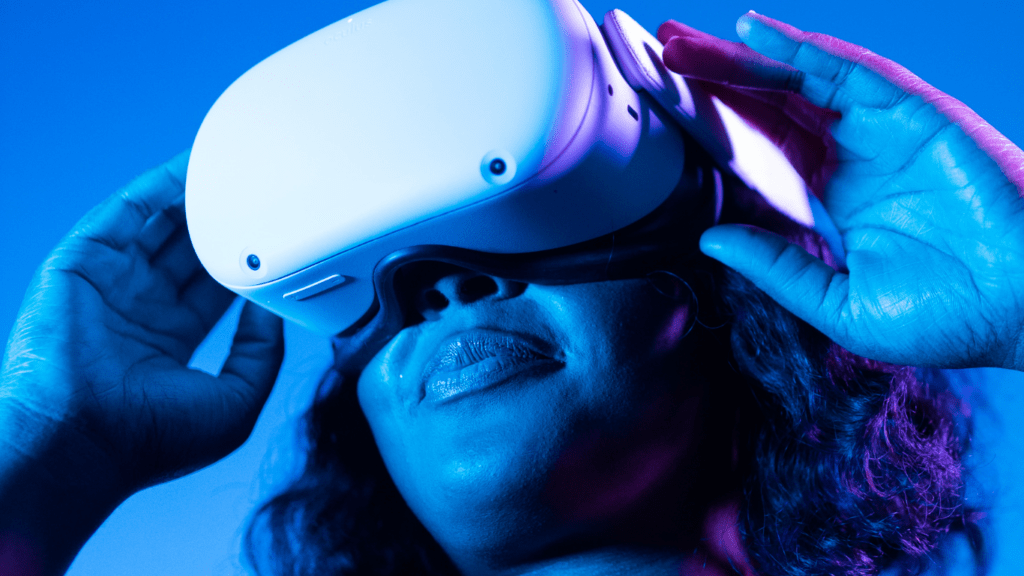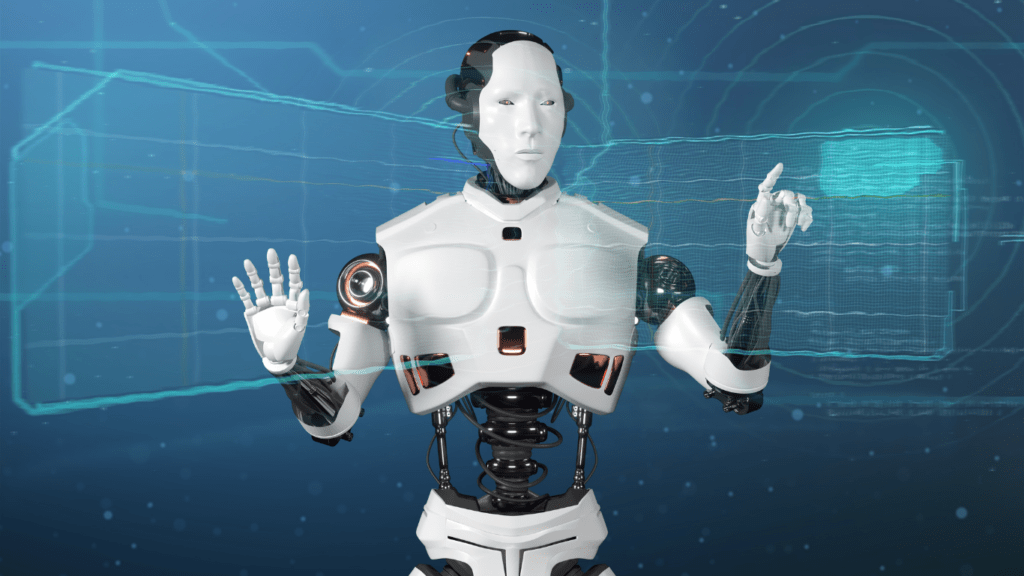In the ever-evolving landscape of gaming, AI stands at the forefront of innovation, reshaping the way we interact with virtual worlds. As a passionate gamer and tech enthusiast, I’ve witnessed firsthand the transformative power of artificial intelligence in revolutionizing gameplay experiences. From dynamic in-game environments to intelligent NPCs, AI technology is pushing the boundaries of what’s possible in the gaming industry.
Join me as I delve into the latest industry trends and explore how AI is not just enhancing graphics or gameplay mechanics but fundamentally changing the way games are designed and played. Whether it’s adaptive difficulty levels that adjust to player skills or personalized gaming experiences tailored to individual preferences, the impact of AI in gaming is undeniable. Stay tuned to discover how this cutting-edge technology is shaping the future of interactive entertainment.
Evolution of AI in the Gaming Industry
AI in the gaming industry has evolved significantly over the years, reshaping how games are designed and experienced. From simple algorithms to complex behaviors and key milestones in AI-driven game development, the impact of artificial intelligence continues to revolutionize the gaming landscape.
From Simple Algorithms to Complex Behaviors
In the early stages of AI integration in games, developers relied on simple algorithms to govern basic game elements like enemy movements and decision-making processes. However, with advancements in technology and computational power, AI algorithms have evolved to support complex behaviors that mimic human-like intelligence.
Today, AI in games can adapt to player strategies, learn from interactions, and provide dynamic challenges that keep players engaged. This shift from predefined rule-based systems to adaptive and learning algorithms has elevated the level of immersion and realism in gaming experiences.
Key Milestones in AI-Driven Game Development
The timeline of AI-driven game development is marked by key milestones that have pushed the boundaries of what is possible in interactive entertainment. From early experiments with rule-based systems to the introduction of neural networks and machine learning techniques, each milestone has contributed to the evolution of AI in gaming.
Notable advancements include the utilization of AI for procedural content generation, behavior prediction, and personalization of gameplay experiences. These breakthroughs have not only enhanced the technical capabilities of games but have also opened up new possibilities for innovation and creativity in game design.
Impact of AI on Game Design and Development
In the realm of game design and development, AI has significantly transformed various aspects, enhancing gameplay experiences and streamlining production processes.
Enhancing Gameplay Experience with AI

AI has revolutionized gameplay experiences by introducing dynamic elements that adapt to players’ actions. By leveraging AI algorithms, games can offer personalized challenges, adjusting difficulty levels based on individual player skills. This personalized approach creates more engaging and immersive gaming experiences, keeping players invested and excited throughout their gameplay sessions.
Streamlining Game Production with Automation Tools
Automation tools powered by AI have revolutionized game development processes, significantly streamlining tasks that were previously time-consuming and labor-intensive. AI-driven automation tools can assist in generating game assets, testing environments, and optimizing game mechanics. By automating repetitive tasks, developers can focus more on creativity and innovation, accelerating the overall game production timeline without compromising quality.
AI’s Role in Personalizing Player Experience
AI plays a pivotal role in personalizing player experiences in the gaming industry. Let’s explore two key aspects where AI excels in enhancing player engagement and satisfaction.
- Dynamic Difficulty Adjustments
In gaming, AI enables dynamic difficulty adjustments tailored to individual player skills. By analyzing gameplay patterns and performance metrics in real-time, AI algorithms can adapt the game’s difficulty level seamlessly. For example, if a player consistently struggles with a particular challenge, the AI can adjust the game mechanics to provide a more balanced and enjoyable experience. This personalized approach keeps players engaged without feeling overwhelmed or bored, ensuring a rewarding gaming experience for everyone. - Customized Content Generation
AI-driven customized content generation transforms how games are experienced by players. By leveraging machine learning algorithms, game developers can create personalized game elements such as levels, missions, and items based on each player’s preferences and behavior. For instance, AI can generate unique storylines or challenges that resonate with an individual player’s gaming style, enhancing immersion and replay value. This level of customization elevates the overall gaming experience, making it more engaging and tailored to the player’s specific interests. AI’s ability to personalize player experiences through dynamic difficulty adjustments and customized content generation showcases its profound impact on shaping the future of gaming. By continuously adapting to players’ abilities and preferences, AI enhances immersion, satisfaction, and overall enjoyment in gaming experiences.
Future Trends in AI and Gaming
Moving forward, let’s explore some upcoming trends in the integration of AI within the gaming industry.
Predictive AI in Player Retention Strategies
In the realm of player retention, AI is increasingly being utilized to predict player behavior and preferences. By analyzing vast amounts of player data, AI algorithms can forecast player actions, helping game developers tailor their strategies to keep players engaged for longer periods. These predictive capabilities enable the implementation of personalized gaming experiences, such as suggesting tailored challenges or rewards based on individual player tendencies. As a result, game developers can enhance player satisfaction and ensure long-term engagement by offering personalized experiences that resonate with each player’s unique preferences and play styles.
Ethical Considerations and AI in Gaming
As AI continues to advance in the gaming sector, ethical considerations become more critical. One key concern is the potential manipulation of player experiences through AI-driven algorithms. Developers must ensure that AI systems are transparent in their decision-making processes and avoid manipulating player behavior in ways that compromise fairness or autonomy. Additionally, safeguarding player data and privacy is essential in maintaining trust within the gaming community. By prioritizing ethical principles in AI development, game developers can build a foundation of trust with players, fostering a positive gaming environment that values integrity and transparency.
Tammylie Romanors
Tammylie Romanors is the visionary founder and a prolific article writer for Gear Up Play On, a premier platform dedicated to providing gamers with professional, friendly, and trusted content. With an unwavering passion for gaming and a comprehensive understanding of the industry, Tammylie has built Gear Up Play On into a leading resource for gamers worldwide. Her journey began with a love for gaming that evolved into a mission to create a space where gamers could find reliable and innovative information.



